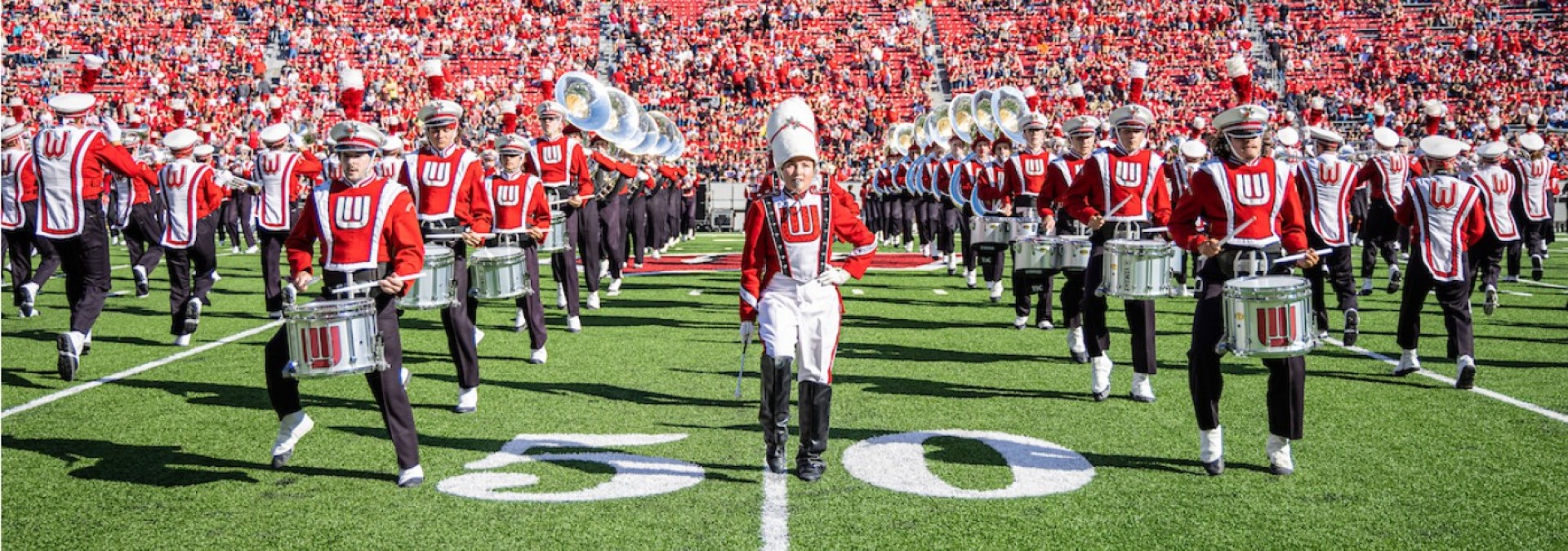×
Glossary
Advanced Placement (AP) Theory Credits: College-level music theory courses taken in high school that may earn students college credit upon passing an exam.
Arranging: The process of adapting and reworking a piece of music to suit a different ensemble, style, or purpose while maintaining its core structure.
Business Acumen: The ability to understand and make sound decisions regarding business operations, strategy, and financial matters, particularly in the music industry.
Collegiate Music Department: A department within a college or university that offers degree programs in various areas of music, including performance, composition, education, and music business.
Conservatory: A specialized school dedicated to the study of music, dance, or other performing arts, often focusing on rigorous training for professional careers.
Copyright: A legal right that grants the creator of an original work (such as a song or composition) the exclusive right to use and distribute their work.
Digital Distribution: The process of distributing music through digital platforms like streaming services (e.g., Spotify, Apple Music) rather than physical formats.
Entrepreneurial Mindset: A way of thinking that involves taking initiative, innovating, and identifying opportunities to build a successful career or business.
Music Industry: The business sector that deals with the production, distribution, and monetization of music, including record labels, publishing, and live performance.
National Endowment for the Arts (NEA): A U.S. government agency that provides support and funding for arts programs, including music, theater, and visual arts.
Performance-Based Admission: A college admissions process that evaluates students based on their musical performance abilities rather than traditional academic qualifications.
Publishing Royalties: Payments made to songwriters and composers when their music is used, performed, or sold.
Recording Industry Association of America (RIAA): A trade organization that represents the U.S. recording industry, certifies album sales, and protects intellectual property rights.
Songwriting: The craft of composing lyrics and melodies to create original songs.
Streaming: A method of delivering digital music content in real time via the internet through platforms like Spotify, Apple Music, and YouTube.
Talent Recruiting: The process of seeking and attracting musicians, composers, and artists for college music programs.

.png)
.png) ARTICLE GLOSSARY
ARTICLE GLOSSARY

.png)
.png)


.jpg)
.jpg)

.jpg)

.png)




.jpg)
.png)










.jpg)



.jpg)
.jpg)
.jpg)
.jpg)
.jpg)

.png)

